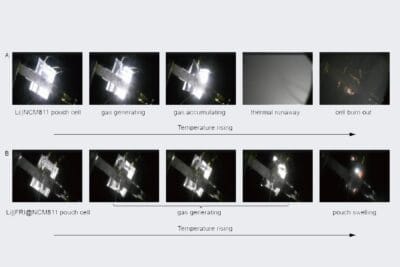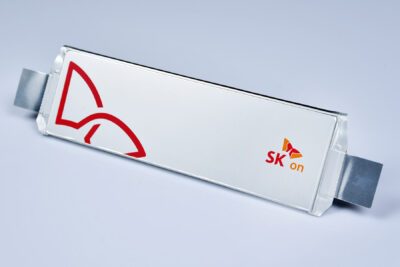Better range with silicon carbide chip from Bosch
Bosch plans to produce new silicon carbide (SiC) semiconductors at its Reutlingen plant. The company says that, in comparison to regular silicon chips, SiC chips increase electrical conductivity and can push up an electric vehicle’s range by six per cent.
The range can be increased with the new SiC chips or the battery can be smaller for the same capacity, according to the Bosch headquarters. In power electronics, the new chips ensure that 50 per cent less energy is lost in the form of heat. “This saving translates into more efficient power electronics and more energy for the electric motor and therefore for the battery range,” explains the German electronics giant in their press release.
Bosch sees even further savings potential in silicon carbide semiconductors in the future: the much lower heat losses of the chips, combined with their ability to work at much higher operating temperatures, mean that manufacturers can cut back on the expensive cooling of the powertrain components. Bosch even speaks of chips made of a “miracle material” and the company’s managing director Harald Kröger enthusiastically claims that “Silicon carbide semiconductors will transform e-mobility.”
According to German newspaper FAZ, Bosch has initially invested a sum in the “three-digit million range” in a pilot line. A first sample chip is to be presented next year. According to earlier reports, Bosch is pumping a total of 500 million euros into the plant in Reutlingen. The German plant has been producing semiconductors for the automotive sector since 1971.
Semiconductors are essential in all vehicles, but even more so when they are electric. The market outlook looks correspondingly rosy. Bosch wants to benefit above all from the growing demand for chips in mobility and the Internet of Things (IoT). To this end, the Group is currently expanding its production capacities: The semiconductor plant in Reutlingen will soon be joined by another factory in Dresden. Bosch laid the foundation stone there in 2018.
At the new site, so-called wafers (circular silicon or silicon carbide discs) with a diameter of 300 millimetres will be used in production. According to Bosch, this allows considerably more chips to be produced from a single wafer, which enables higher economies of scale. In Reutlingen, Bosch is still working with semiconductors based on 150- and 200-millimetre technology.
According to Bosch, the Dresden factory is the largest single investment in the more than 130-year history of the company with a total investment of over a billion euros. The first work is due to start work there in the spring of 2020.





0 Comments